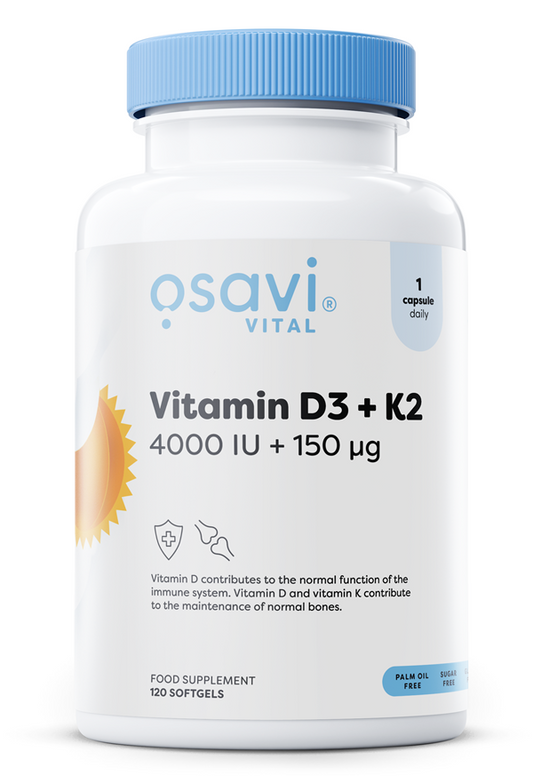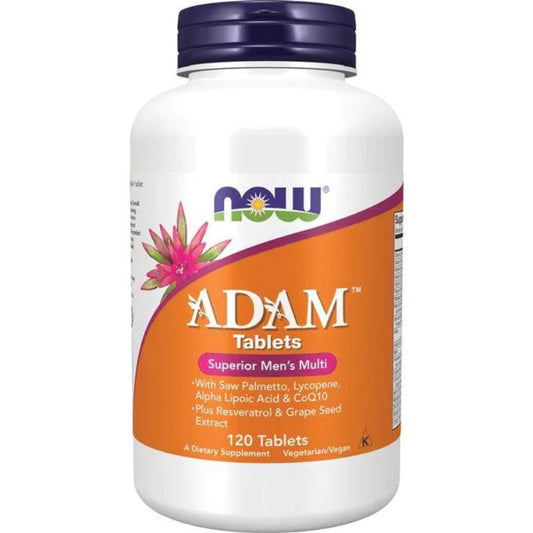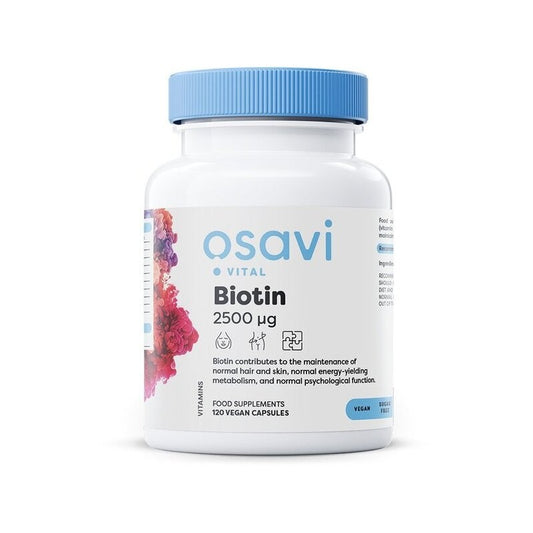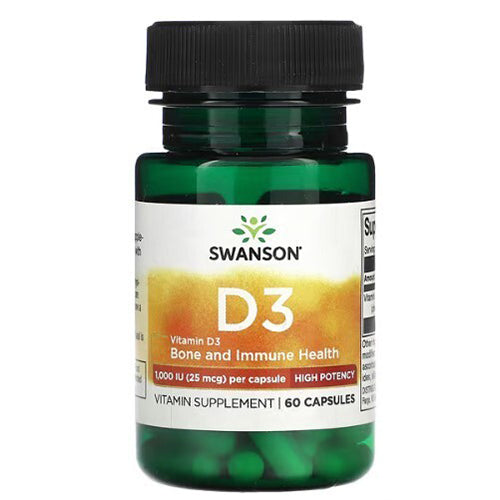
Vitamin B8 (Inositol): Nutrient for Cellular, Brain, and Metabolic Support
Jakub SkibaVitamin B8, also known as inositol, is a versatile nutrient that plays an important role in supporting overall wellness. Although it is not technically classified as a vitamin, inositol contributes to healthy cellular function, brain support, metabolic processes, and skin vitality. Found in a wide range of foods and synthesized naturally in the body, Vitamin B8 can be a helpful part of a balanced diet for maintaining general health. Including inositol-rich foods in your diet may help support energy metabolism, cognitive function, hormone balance, and skin appearance, making it a valuable addition to everyday nutrition.
What Is Vitamin B8 (Inositol)?
Vitamin B8, or inositol, is a carbohydrate-like compound that supports several key processes in the body. It exists in multiple forms, with myo-inositol being the most common and biologically relevant. Inositol contributes to cell membrane structure, signaling pathways, fat metabolism, and neurotransmitter communication, making it important for overall cellular and metabolic wellness. While the body can produce inositol from glucose, dietary sources help ensure sufficient intake for general health.
Vitamin B8 Benefits
Vitamin B8 supports a wide range of bodily functions. Key areas where inositol contributes include:
Mental Wellness and Cognitive Support
Inositol supports normal neurotransmitter signaling and may contribute to balanced mood and cognitive function. Including inositol-rich foods in your diet can help maintain healthy brain function as part of an overall wellness plan.
Metabolic Support
Vitamin B8 participates in cellular energy processes and fat metabolism. It helps regulate biochemical pathways that contribute to normal energy utilization and nutrient balance.
Hormonal Balance
Inositol plays a role in supporting hormonal balance and reproductive wellness by assisting in cellular communication and enzyme activity.
Skin and Hair Vitality
Vitamin B8 contributes to skin and hair health by supporting antioxidant protection and normal cellular turnover. It can help maintain skin appearance and hair quality as part of a balanced diet.
How Vitamin B8 Works in the Body
Inositol functions at the cellular level as a component of phospholipids in cell membranes. It is involved in secondary messenger signaling, supporting processes such as nutrient metabolism, hormone communication, neurotransmitter activity, and fat transport. These mechanisms allow inositol to contribute to overall energy metabolism, cognitive wellness, and cellular function.
Natural Sources of Vitamin B8
Inositol occurs naturally in a variety of plant and animal foods. Common sources include:
-
Citrus fruits (except lemons)
-
Whole grains
-
Beans and legumes
-
Nuts and seeds
-
Cantaloupe and melons
-
Bran cereals
-
Organ meats (liver, kidney)
The body also synthesizes inositol in the liver and kidneys, making dietary intake an additional support rather than the sole source.
Daily Intake of Vitamin B8 (Inositol)
|
Use Case |
Recommended Daily Intake |
|
General wellness |
500–1,000 mg/day |
|
Support for metabolic or hormonal balance |
2,000–4,000 mg/day |
|
Targeted supplementation (under medical supervision) |
Up to 18,000 mg/day |
Individual needs may vary, and supplementation should be considered only if dietary intake or lifestyle factors reduce natural inositol availability.
Signs of Low Inositol Intake
While deficiency is rare, low inositol levels may be observed in individuals with poor dietary intake or specific metabolic conditions. Signs may include reduced energy levels, mood fluctuations, mild cognitive difficulty, changes in hair or skin appearance, and digestive irregularities. Including inositol-rich foods as part of a balanced diet helps maintain adequate levels.










